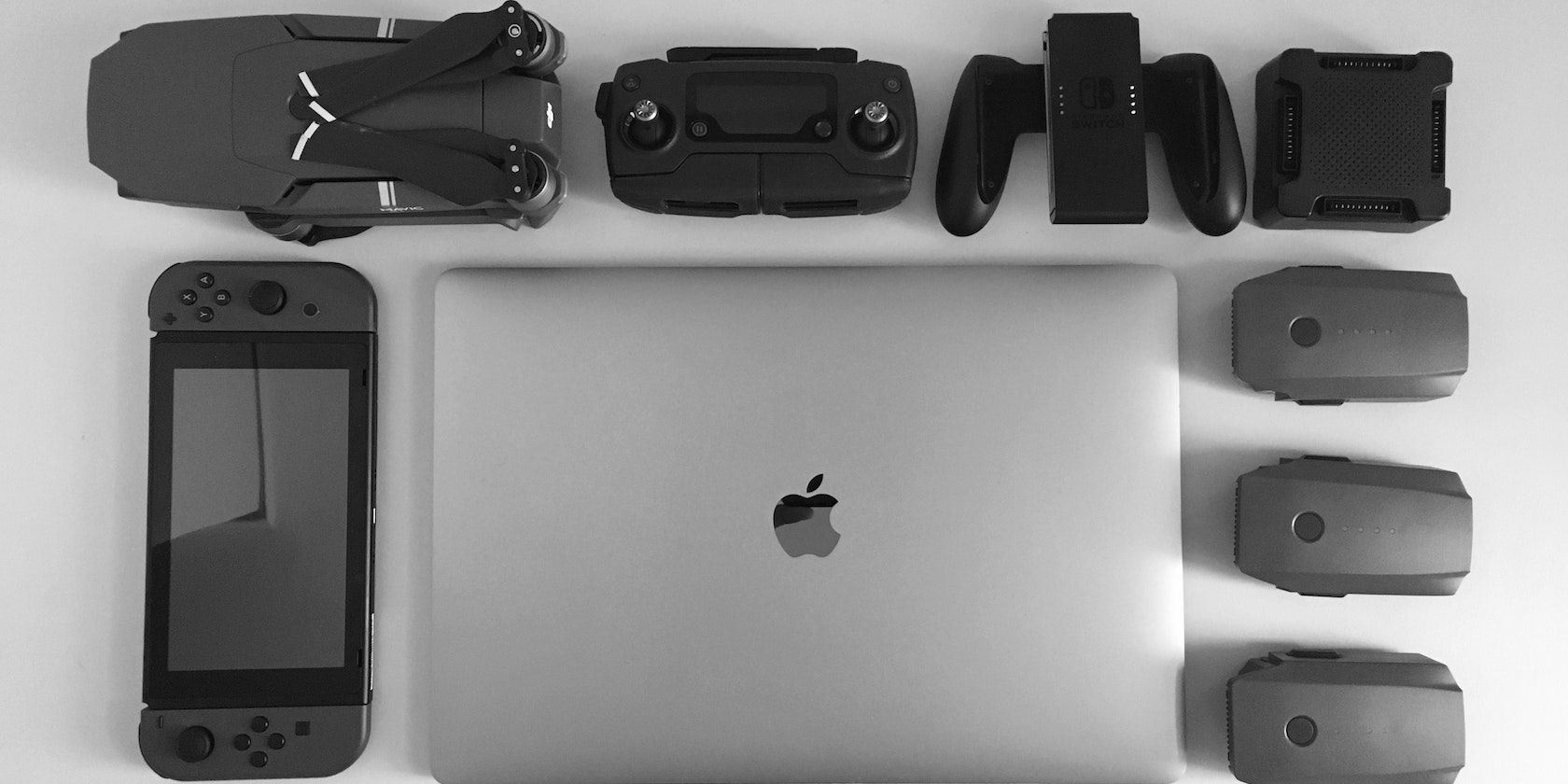Apple has made waves in the tech industry with its Apple silicon chips. Designed specifically for Apple devices, they have been praised for their exceptional performance and power efficiency.
While Apple silicon is primarily used for everyday computing tasks, there is a growing interest in its gaming potential, as it boasts impressive graphics performance. But are Apple silicon chips the future of gaming? Let's find out.
The Current State of Gaming on a Mac
Historically, Apple hasn't been concerned about gaming in macOS, and game developers have favored Windows PCs as the platform of choice for their games, leaving Mac users with limited gaming options.
While Macs have come a long way in recent years, with improvements to hardware and software, gaming on a Mac is still a far cry from the experience on a dedicated gaming computer. There are still options available for Mac gamers, including native Mac games, game streaming services, and virtual machines.
Before the introduction of Apple silicon, Mac users could install and run Windows on their hard drives using Boot Camp. This allowed them access to the same game library as Windows users. Other tools like Parallels, CrossOver, and the built-in Rosetta translator gave Mac users access to a library of games.
After the introduction of the Apple silicon, starting with the M1 chip, Boot Camp became unavailable, drastically reducing how Mac users could access Windows games. However, Parallels and CrossOver welcomed the change and supported Apple silicon, but that's still not good enough for an ideal gaming experience.
The Potential of Apple Silicon in Gaming
The CPU and GPU performance are vital for any gaming laptop. Apple silicon chips have the potential to improve the gaming capabilities of Macs with the release of the M2 Pro and M2 Max chips. The Macs with these chips can be configured with up to 19 cores, providing 30% higher graphics performance than their predecessors.
Apple silicon combines the GPU, CPU, and other components on one chip, reducing energy consumption and increasing the processing units' efficiency, a critical feature for gaming laptops. A significant feature that has impacted gaming in macOS since the introduction of Apple silicon chips is the support for iOS and iPadOS apps, expanding the games available for the Mac.
Lastly, Apple's Metal API allows developers to optimize games for the Mac. This can lead to more efficient utilization of the chips. Overall, Apple silicon can provide a high-quality gaming experience for Mac users, but we expect better performance.
The Limitations of Apple Silicon Chips
1. Not Enough Games Optimized for Mac's Architecture
The Metal graphics API is a tool for developers who want to make macOS applications. Developers are aware that these games and applications will not reach a broad enough audience since the gaming community for Mac users is significantly smaller than others.
Apple can invest money and pay developers to create Mac versions of these Windows games.
2. Lack of a Dedicated GPU
Some of the older Intel-powered Macs featured dedicated GPUs for that extra horsepower required for graphically demanding tasks. Plus, you could even swap out the hardware components for better ones, if necessary. However, that has changed since the transition to Apple silicon.
Since the CPU and GPU of Apple silicon Macs are tightly integrated, it is impossible to get additional GPU performance by adding a graphics card. While Apple silicon is quite powerful, it can't smoothly handle graphically intensive games like a high-end Windows PC or laptop.
3. Compatibility Issues With Third-Party Games
Lastly, there is also the challenge of third-party software support. Some popular gaming software, such as Steam, may need to be optimized for Apple silicon chips, and this could limit access to specific games and features.
Apple Silicon Has a Long Way to Go in Gaming
Apple silicon chips present a promising future for gaming on Macs, but it still has a long way to go before it can even compete with Windows PCs in terms of gaming.
App developers need to support Apple's Metal API and sort out all the compatibility issues currently affecting the platform. But we hope Apple plays its cards right and turn things around in the coming years.




